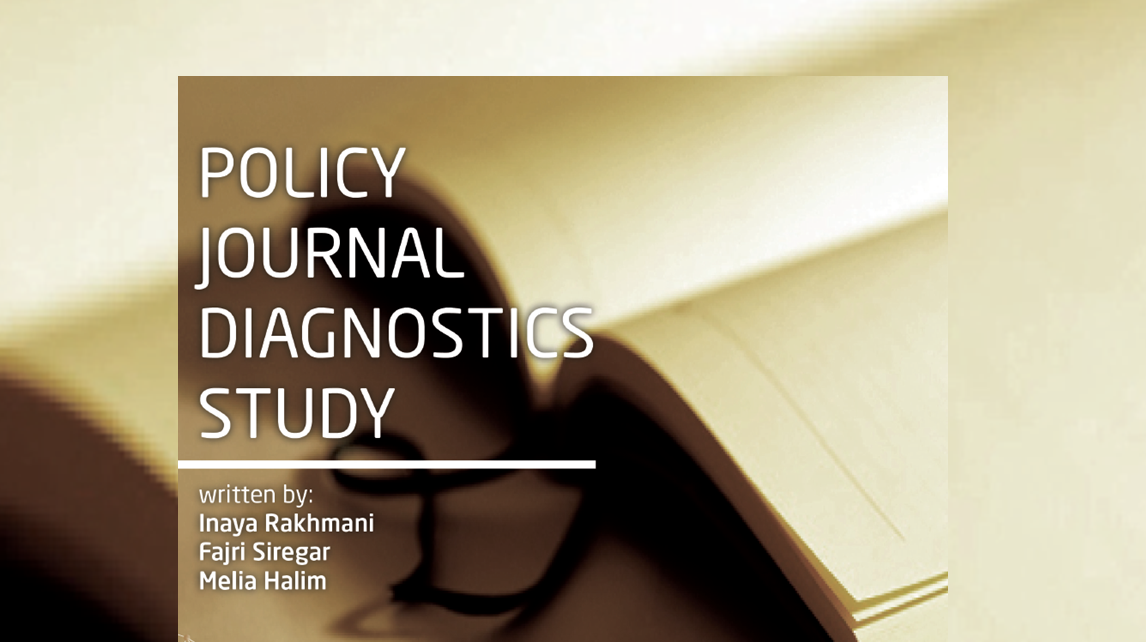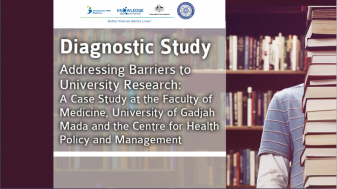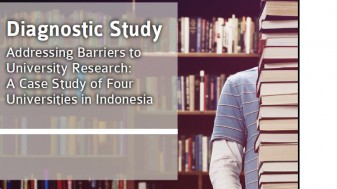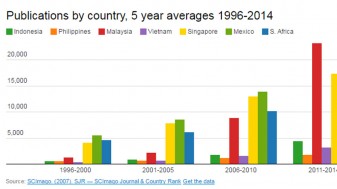Despite being the fourth most populous country and the fourth largest democracy in the world, Indonesia lags behind its neighboring countries in explaining itself to the world. Only ten percent of international publications on Indonesia are written by Indonesian researchers and academics.
This poor performance has been linked to the educational policies of past government administrations, which narrowed the role of universities and restricted their ability to provide input for development strategies. This has not only hindered cross-disciplinary interactions and critical peer review, which are essential in knowledge production and management in universities, but also has resulted in a lack of reputable national journals. Scarcity of quality publications impedes the communication of evidence to policymakers within the country. The shortage of well-communicated research findings suggests that published research and policy journals play a minimum role in informing domestic policy making, in which rigorous investigation and well-written articles that touch upon fundamental issues in contemporary Indonesian society are crucial.
This paper results from a diagnostic assessment of policy journals in Indonesia which has taken place at different times between May 2015 to May 2016. Policy journals are an important source of evidence and knowledge that can inform policy decisions. The assessment was conducted to better understand the problems faced by policy journals in their contributions to policy making and the Indonesian knowledge sector
https://www.ksi-indonesia.org/file_upload/Policy-Journal-Diagnostic-Study-22Feb2017104554.pdf






